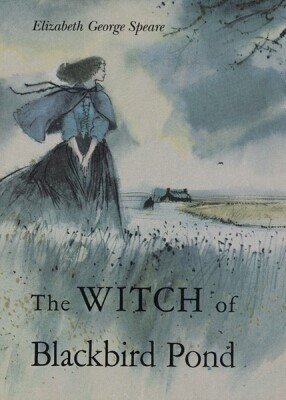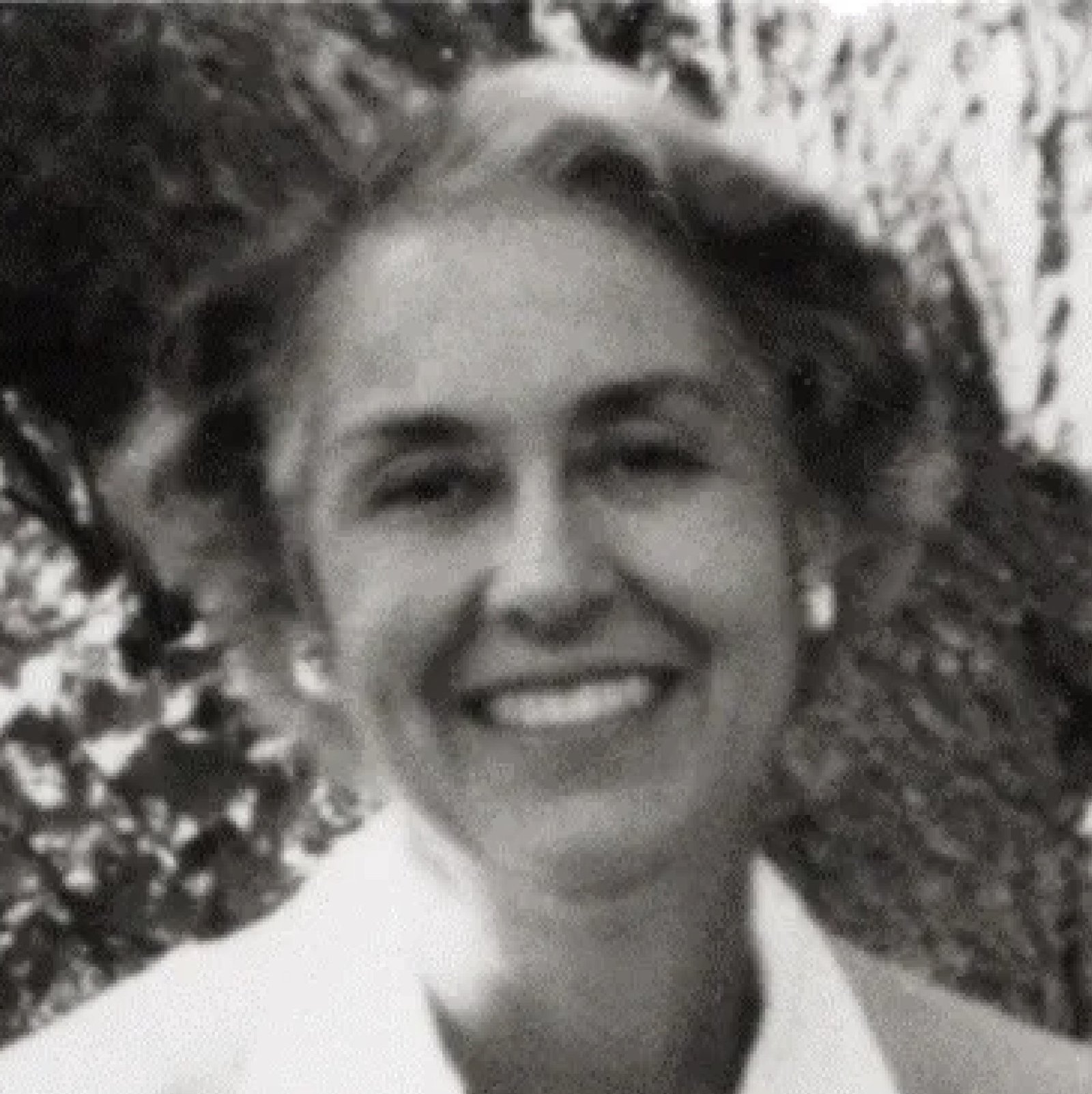A sign of a good historical novel: when the reader is aware of the setting as being significantly different than her own contemporary landscape, and yet feels that at some point while reading, the setting itself fades away and almost ceases to matter because the characters themselves are timeless.
This is exactly the feeling that I get whenever I read The Witch of Blackbird Pond, the Newbery Award-winning novel by Elizabeth George Speare. This novel may be set in colonial New England and include detail about Puritan attitudes and witch hunts, but these things are secondary to the emotional reality of the main character Kit Tyler. I closely identify with Kit, a young woman raised in warm, sunny Barbados who must move to Puritan New England to live with her uncle, aunt, and cousins when her grandfather dies. She finds herself quite the fish out of water – she is a headstrong, impulsive, educated, and outspoken young woman amongst the prim, reserved, and pious seventeenth century New Englanders. She is unaccustomed to doing even light housework, but once she moves to Connecticut, she must do her fair share of the chores; her delicate hands become covered in calluses and her fine silk dresses go months without wearing. The contrast between her carefree life in Barbados and her new lifestyle of constant labor is astounding, and it is very difficult for Kit to adjust. She longs to escape the harsh New England winter and return to her balmy island home.
Having been spoiled while I was growing up, I can appreciate how difficult such a change would be for a pampered girl like Kit. I have also moved from one climate to another several times, changing roles and responsibilities with each new location. In some places, my jobs and activities have been so different that I even think about these life changes as shifts in my identity. This way of thinking and feeling about life changes is disconcerting and Kit’s unsettled emotions come through very clearly to me in the novel.
My ability to sympathize with Kit was further heightened during my latest re-read of the book because like Kit, I had recently lost my grandfather. Kit was very closet to her grandfather, who educated her and encouraged her to think for herself. Her homesickness mingles with her grief; these are emotions with which I am all too familiar. Though Speare never goes on too much about Kit’s emotions, it is clear that she misses her grandfather, and while most readers can sympathize to some degree with her heartache, this element of the story struck me particularly hard at the moment in time that I was re-reading.
But despite all the grief and difficulties that Kit faces in the novel, The Witch of Blackbird Pond is not a distressing story – merely an engrossing one. Kit is a resilient young woman, determined to make a place for herself somewhere in the world. She is realistic, hard-working, and intelligent; she knows that she must learn to curb her impulsive actions and adapt to the ways of the local New Englanders in order to survive. She is willing to adjust herself in many ways, and yet she is not willing to compromise with regard to certain things. She refuses to leave or betray her friends, including an old woman that most of the village believes to be a witch. When this leads to Kit herself being accused of witchcraft, she still will not betray another young friend of hers, even though the testimony of her friend would likely set her free. Ladies, this is the kind of tenacity and integrity that we want in our female protagonists.
A few readers have commented that the story is fairly slow, so I feel it is important to note that the novel is more about Kit’s emotional upheaval and does not linger on the witch hunt and trial scenes too long. Yet it is Kit’s willingness to stand up for her own opinions and values time after time that make the novel exciting in its own way. Such a stubborn stance would have actually put a young woman like Kit in great danger at that time. That is why she ends up on trial for witchcraft and faces the serious danger of being maimed, cast out of the community, or even killed. But Kit admirably holds her own in this situation, exemplifying the kind of friendship and commitment that readers can appreciate.
Moreover, readers should find the combination of Kit’s realistic expectations and firm values to be a good example of what it is like to be a feminist in the real world. Women didn’t always have (and many still don’t have) the luxury of building a career instead of attending to the housework. Circumstances have often limited in various women throughout history – even very capable, intelligent women. In many ways, this story is about learning to accept your circumstances while finding the most agreeable way to cope with them. Kit may not be able to change her reality of the need to labor daily beside her uncle, aunt, and cousins in the harsh New England climate, but she can work to earn the respect of her family and build friendships with those in the community with whom she feels a true kinship. She then honors those bonds to the best of her ability, a trait that I very much admire.
The novel isn’t all about compromise and suffering, though; Speare ends the novel on a happier note for Kit. I don’t want to give too much away about the novel, but rest assured that the story doesn’t end with Kit on trial for witchcraft. Sometimes I dislike a too-happy ending because it is unrealistic to have everything perfectly sewn up, just as it ought to be. Yet in this case, I’m all too willing to forgive Speare the indiscretion of a neat conclusion because it’s just so satisfying to see a character achieve happiness when you identify with them so closely.



This website was created with a lot of love, Coke Zero, and tacos by Kumquat Creative.